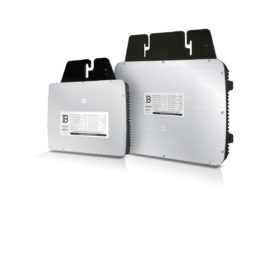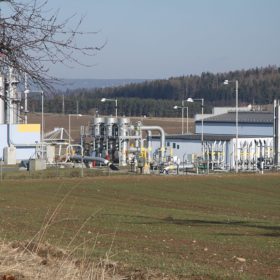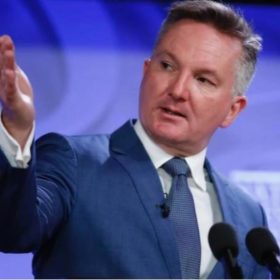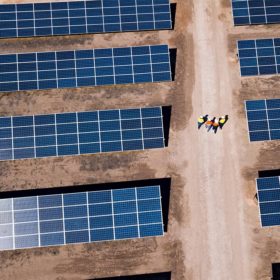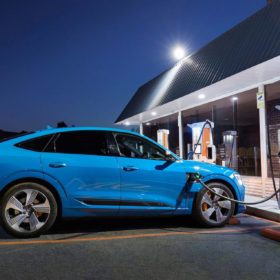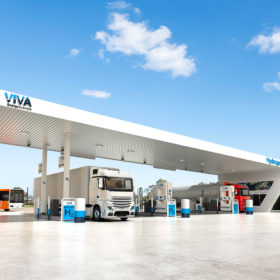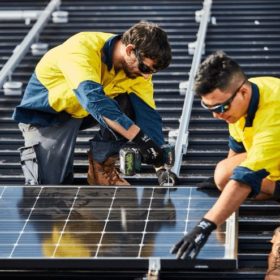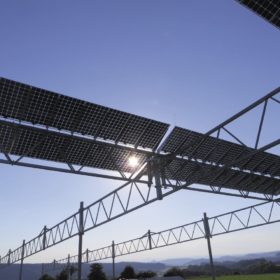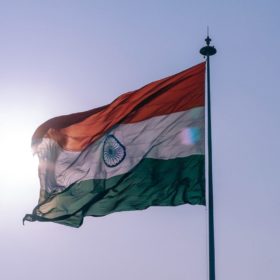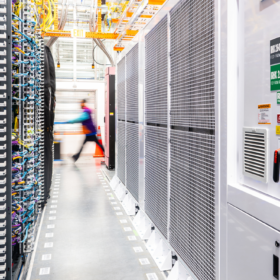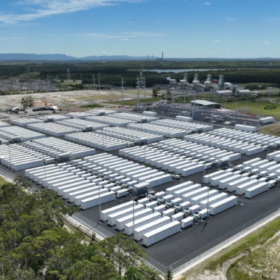This is Australia’s most important report on the environment’s deteriorating health. We present its grim findings
Australia’s State of the Environment report was released today, after its publication was delayed by the former Morrison government until after the federal election. The review, completed by scientists last year, was described by the new environment and water minister, Tanya Plibersek, has a “shocking document” showing Australia’s environment has been deteriorating and is in poor condition. Professors from the University of Sydney and University of New South Wales present the findings.
New micro-inverter series from China
Beny Electric unveiled a micro-inverter series with efficiency of up to 97.5% and a European efficiency of up to 97%. The micro-inverters are available in three different versions with a rated power output of 550 VA, 700 VA, and 2,800 VA, respectively.
Oil and gas reservoirs are cheapest options for underground hydrogen storage
New research from Ireland shows that depleted oil and gas reservoirs may be used to store hydrogen at a cost of US$1.29/kg (AU$1.9/kg). According to the researchers, underground hydrogen storage may benefit from the technological maturity of the geologic storage of natural gas and CO2, which are associated with decades of established knowledge.
There’s a smart way to push Labor harder on emissions cuts – without reigniting the climate wars
The fate of Labor’s 2030 climate policy hangs in the balance as the Greens and other climate-conscious crossbenchers this week consider pushing the government harder on emissions reduction.
UQ targets testing platform to fast-track large-scale grid connections
University of Queensland researchers will seek to develop and test a new platform designed to help streamline the process of connecting large-scale renewable projects to the grid after landing a $498,000 grant from the Australian Renewable Energy Agency.
ACT accelerates move to EVs with plan to ban new petrol cars from 2035
The Australian Capital Territory is set to become the first Australian state or territory to phase out fossil fuel-powered vehicles with the government announcing plans to put the brakes on the sale of new petrol and diesel-fuelled vehicles from 2035.
Viva strikes deal for 2.5 MW electrolyser as states pursue green hydrogen highway
Geelong oil refinery owner Viva Energy is driving ahead with plans to establish Australia’s first publicly accessible commercial green hydrogen refuelling station in Victoria, announcing it has placed a $5.93 million (€4 million) purchase order with Norwegian company Nel Hydrogen for the supply of a 2.5 MW electrolyser.
Victorian Opposition unveils residential solar and storage strategy
Victorian Opposition Leader Matthew Guy has vowed to “turbo-charge renewables”, promising at least one million additional Victorian homes would have solar PV and battery energy storage systems installed by 2035 if the Coalition is voted in at the November state election.
New method to evaluate performance, LCOE of elevated agrivoltaics
Scientists in Belgium have developed a way to assess elevated agrivoltaic projects, by calculating key performance indicators such as energy yield and levelized cost of energy (LCOE). They have found that shade-tolerant crops such as potatoes could potentially be paired with around 1,290 GW of PV capacity in Europe.
India may miss 2030 renewables target by over 104 GW
The nation may miss its 2030 target of 500 GW renewables capacity by over 104 GW under the current market trend.

